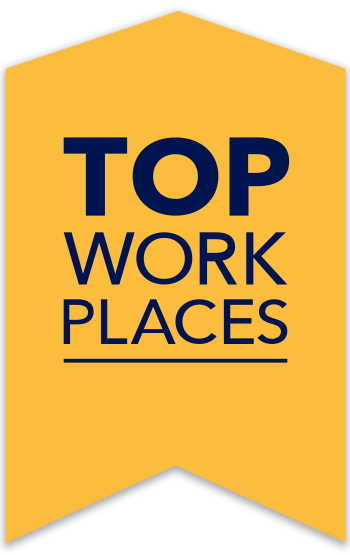“Poppy, what was Christmas like for you when you were a kid?” I asked. “Well,” he replied, “we were happy if we got an orange in our stocking.”
Pops entered young adulthood during WW2, bought his first house for around $8,000, watched his son (my Dad) almost get drafted for Vietnam, and now finds himself in the middle of a digital revolution. I still call him on his landline.
His life growing up looked a lot different than how things are now. His teachers and authority figures would hit him when he was disobedient. His parents didn’t have him in three soccer clinics each summer or worry about being his personal driver for all of his social activities. As a second-generation Italian immigrant, his goal was stability. He gave up his dreams of becoming a designer and went on to become Battalion chief of the Rochester Fire Department.
I have so many perfect memories growing up with Poppy. Feeding the ducks, sitting next to him in the paddle boat and crashing into lake waves, and treasure hunting on the beach looking for glass that had been worn down and softened by the sand. To this day, he still sends me pieces of glass he finds.
I am so grateful for my Poppy.
But, if he was my boss, we’d have approximately one million miscommunications a day, starting with his resistance to learn how to use the Internet. (He’s 94, give him a break!)
You’ve probably had moments with someone from a different generation, too. Maybe you were at the grocery and tried to pay with cash, and that teenager could not make a change to save their life. Maybe you’re a part of GenZ, and you tried to make a TikTok video to show behind the scenes at work, and you actually got written up for it.
It can be incredibly frustrating to navigate a professional environment when we grew up in different worlds with different expectations – particularly around work.
Here are three ways generations tend to differ and how you can create understanding and appreciation in your company culture.
1. Growing up digital.
Some of us remember hearing a song on the radio and jumping off our bed to press RECORD on our tape deck. Some of us have employees who have this new organ, the smartphone. All of life is in this precious device. Constant conversations on social media, pictures, TikTok dances. It’s a lot to keep up with.
No matter if you loved records or you are learning how to dance to a song in front of your phone, we all are at our core, in love with melody and story. We are storytelling beings. We shift our emotions using stories and music. The next time you are confused about the merit of TikTok, Instagram, or Twitter, ask a younger generation: “Who’s your favorite influencer, and what’s their story? What have they overcome that you admire?” You may be surprised at the substance of their answer. Many influencers take a lot of time and care to be consistent in their brand and how they share their story and fold in music.
The future is for storytellers and creators. We’ll all need to learn how to translate who we are and what we care about to new platforms if we want to be relevant.
2. Authority.
Depending on the decade you were raised, you will find parenting techniques and discipline strategies in schools shifting with the times. Some of us grew up getting hit with a paddle if we challenged our teachers. Millennials would say that their school teachers are their heroes and mentors. This is who they look up to and admire. Less fear, more admiration.
If you are leading someone from a different generation, ask them how their authority figures treated them. It will give you insight into what they expect of you.
3. The meaning of work.
Every generation (and socioeconomic class) has a different view of work. Do you work for survival? To get food on the table? Or do you work as a means to self-actualize, realize your full potential, and make an impact on the world around you? Middle- and upper-class Millennials were told that going to college would grant their career wishes, which was easy to say in the mid ’80s and through most of the ’90s during their childhoods. We had a strong economy, and we were on the edge of a technological evolution.
Ask your teammates what work means to them. Find out what work meant to their family growing up. We are driven by our own personal stories and values, and the more we understand this about each other, the stronger we are as a team. When my grandfather told me his best Christmas gift was an orange, I had a much deeper appreciation for the crisp one hundred dollar bill he would put in my card each Christmas.
Working with so many different generations has taught me to slow down, not assume character flaws, and listen. Particularly when it comes to attitudes around technology, authority, and the meaning of work. Understanding the whole person, whether they’re 24 or 94, will make all of us better at work.
Lindsay Boccardo presented her keynote, “Gen Z is Looking for You,” at the 2021 National Top Workplaces Virtual Celebration Event. Go here to watch:

